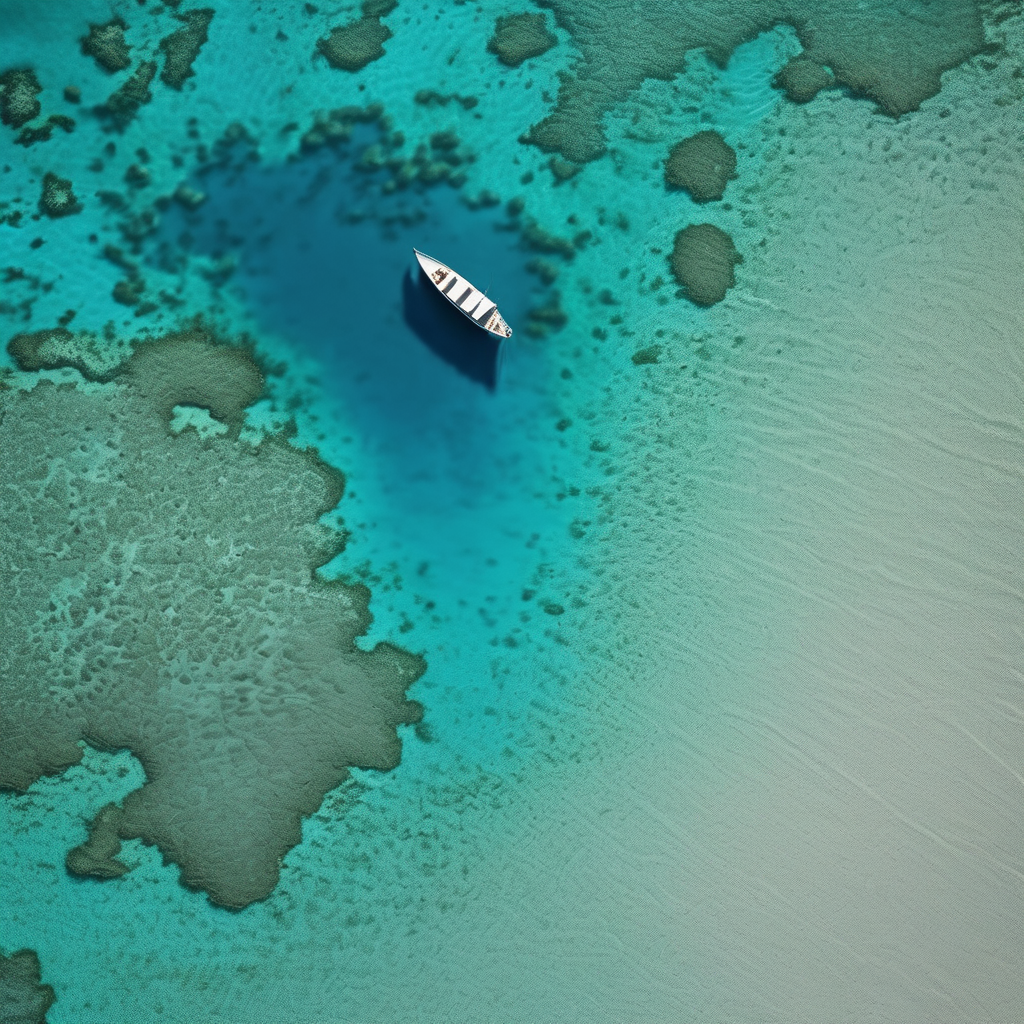An Australian think tank has recommended the creation of an intelligence-sharing framework involving Australia, New Zealand, and Pacific Island countries to address China’s increasing influence in the region. This initiative, referred to as the “Pacific-Eyes” concept, was detailed in a policy brief published by the Lowy Institute, which is backed by the Australian government.
Mihai Sora, the brief’s author, highlighted that the Pacific Islands are facing growing challenges from both great power competition and various overlapping transnational issues, such as organized crime, illegal fishing, cyberattacks, and natural disasters exacerbated by climate change. These challenges, he argues, have been linked to China’s activities in the region, particularly following its controversial security agreement with the Solomon Islands in 2022, which raised fears of a potential Chinese military presence in close proximity to Australia.
The report underscores the urgency of developing a cohesive response, as Australia has already sought stronger bilateral ties with Pacific Island nations through various initiatives to enhance security and resilience. However, Sora pointed out that existing intelligence exchanges are currently fragmented and lack the coordination necessary to effectively address these growing threats.
To remedy this, Sora suggests that Australia should spearhead the “Pacific-Eyes” initiative, initially bringing together Australia, New Zealand, Papua New Guinea, and Fiji as its core members. This framework would function similarly to the Five Eyes alliance, promoting a unified and systematic approach to intelligence sharing specifically designed for Pacific Island circumstances.
Importantly, Sora recommends embedding intelligence training and operational security support within institutions in Papua New Guinea and Fiji, alongside investments in the necessary intelligence infrastructure. A phased rollout approach is advised, focusing initially on high-priority areas before expanding into more sensitive issues based on established trust and operational success.
The broader context of this initiative reflects an ongoing trend of Pacific nations advocating for greater autonomy and collaboration amidst rising external pressures. A recent Australian-funded initiative worth A$400 million aims to enhance police capabilities among Pacific nations, demonstrating collective commitment to maintaining sovereignty while effectively addressing regional security challenges.
As Pacific leaders navigate the complexities of these geopolitical dynamics, there is a hopeful encouragement for unified regional efforts, prioritizing partnership and constructive dialogue while safeguarding their nations’ interests against outside influences. This approach not only ensures trust among nations but also sets a firm foundation for a resilient future in the Pacific.
